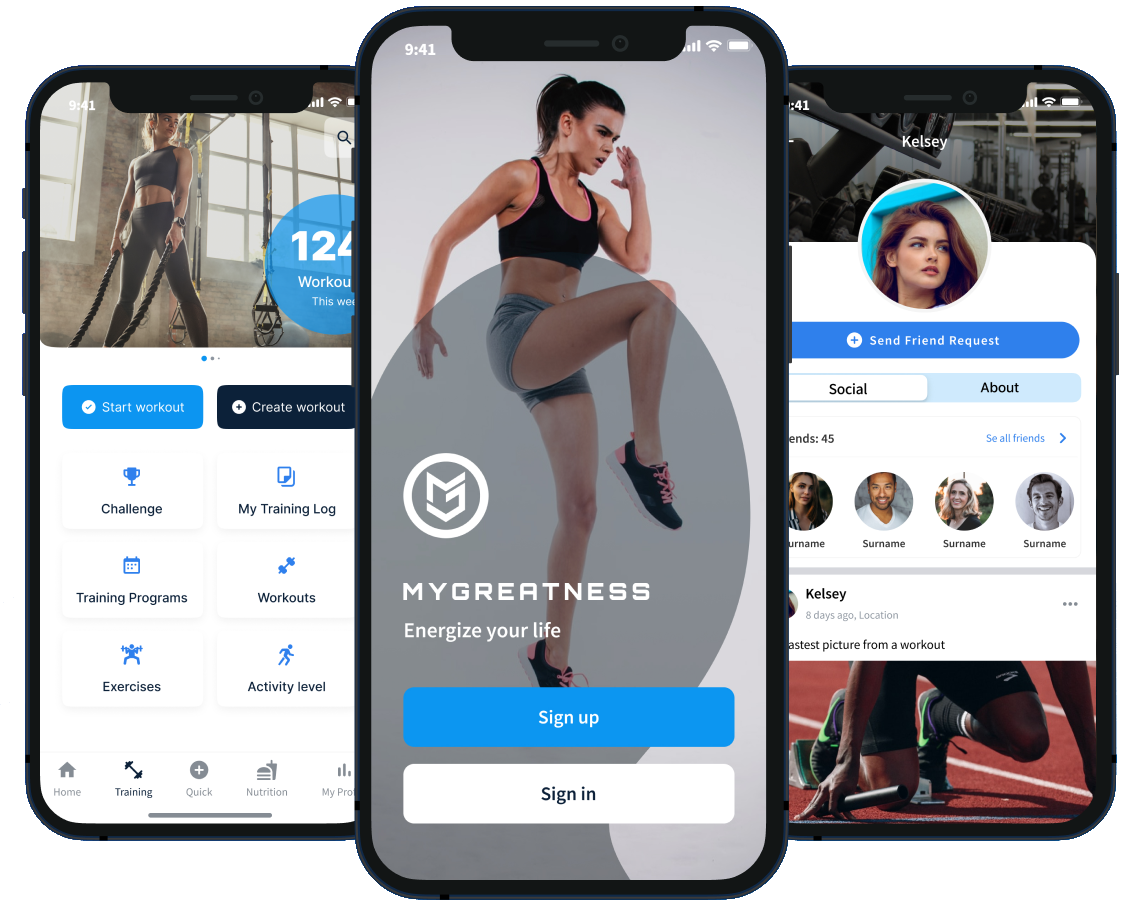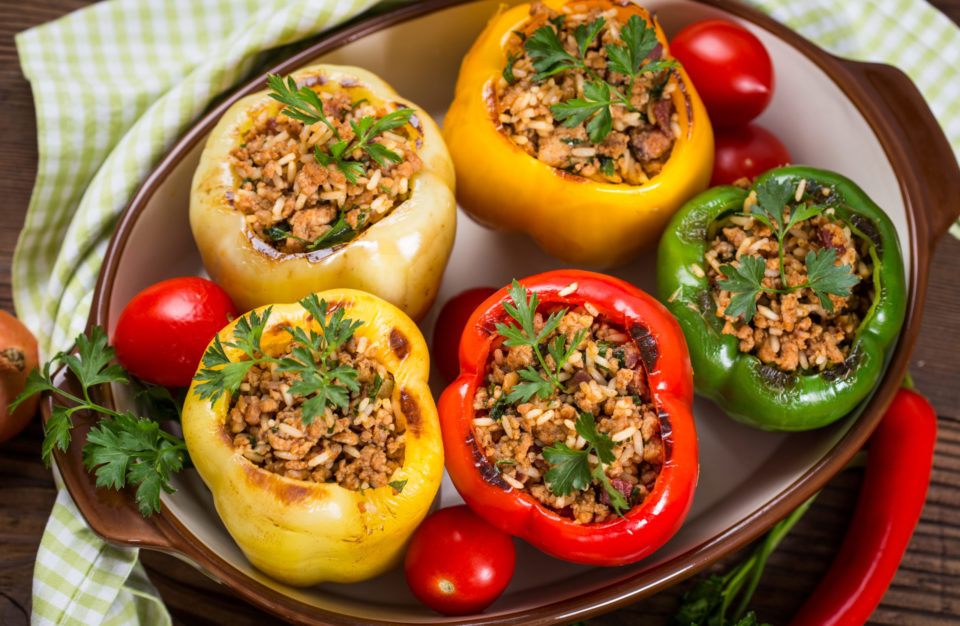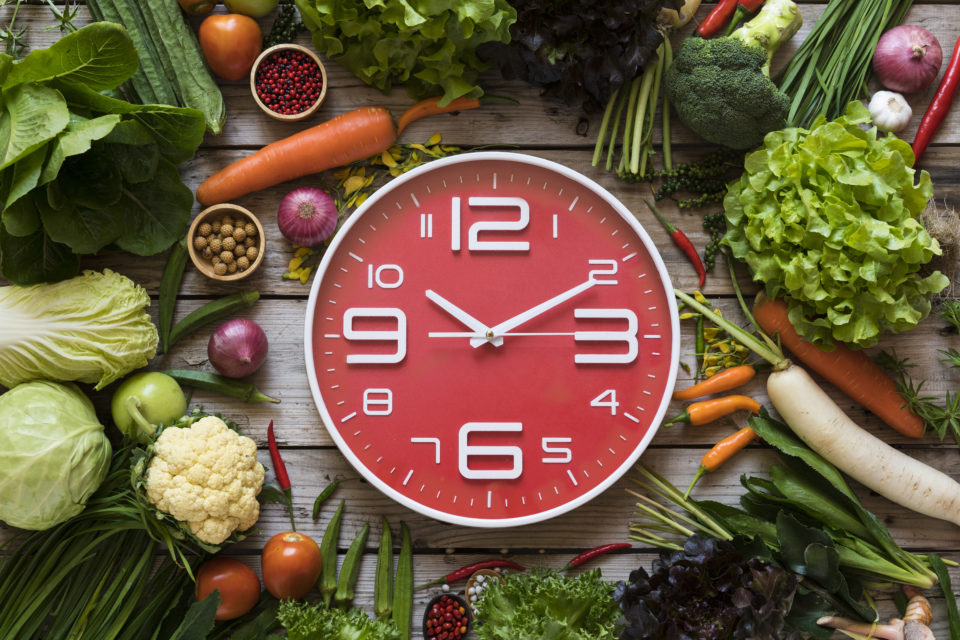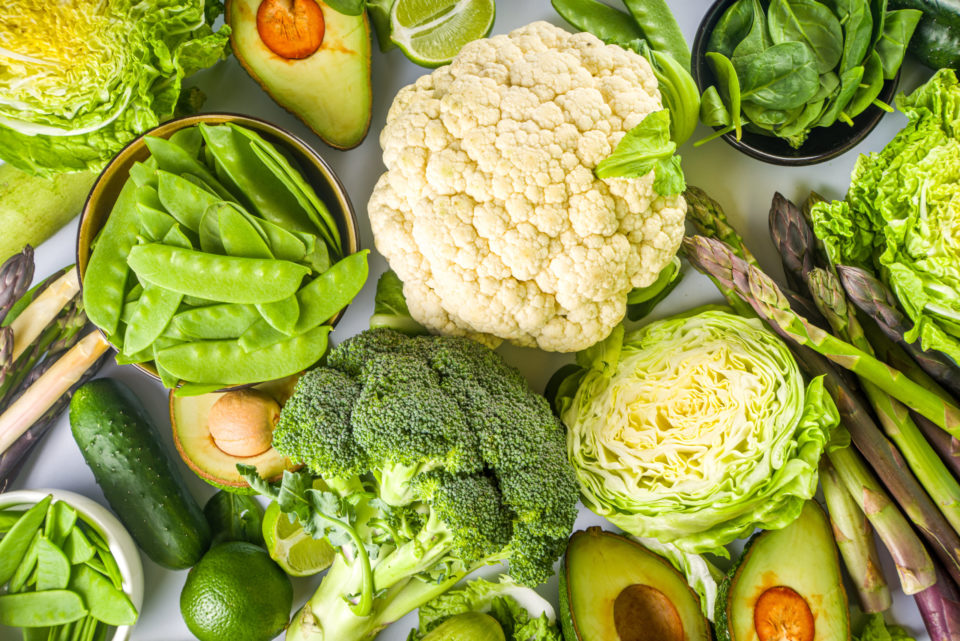LCHF and ketogenic diet
It is not uncommon to have a diet that involves reducing the number of carbohydrates. The reasons for being restrictive with their carbohydrate intake can range from increased health, improved athletic performance, or weight loss. There are several different diets that one can follow, such as LCHF, Atkins, and ketogenic diets.
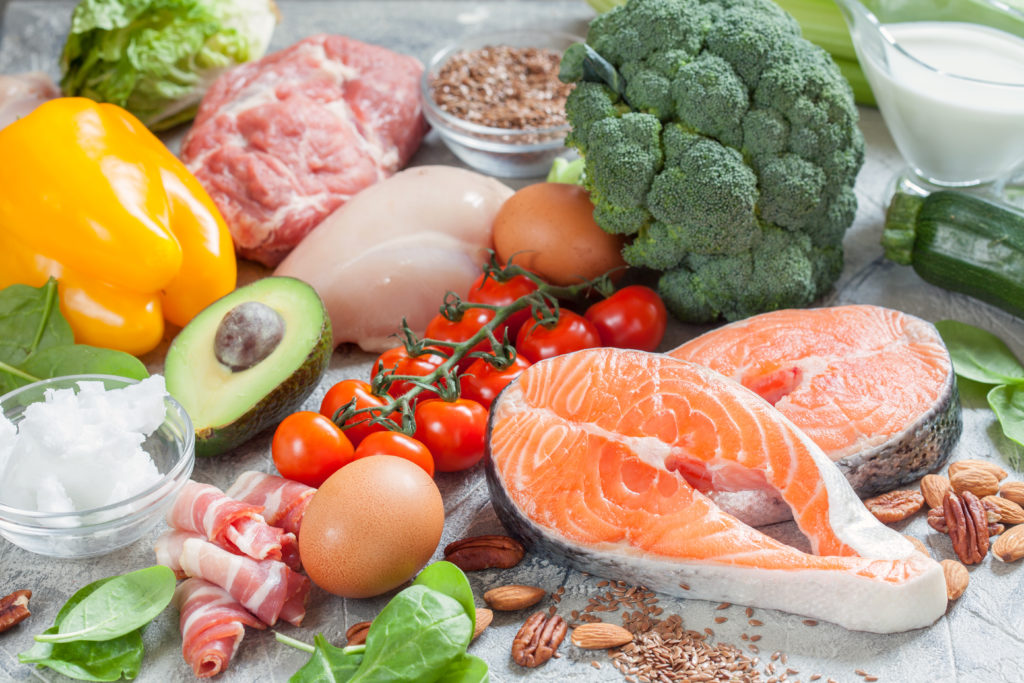
LCHF is an abbreviation for Low Carb High Fat and means that you reduce your intake of carbohydrates and eat more fat. The proportions can vary depending on how strict you are with your carbohydrate intake. A strict variant of a low-carbohydrate diet is a ketogenic diet, which means that you eat very little or almost no carbohydrates. The name comes from the fact that ketone bodies are formed when fat is broken down in beta-oxidation chemical reactions.
The ketone bodies act as a reserve fuel for the cells in the body that cannot use fat and proteins as fuel. Otherwise, these cells only metabolize carbohydrates if this is available. A small number of cells, including the brain, cannot use ketone bodies but only glucose (a minor form of carbohydrates). To survive, we (in the liver) can produce an amount corresponding to it the need. Eat a mixed diet that consists of carbohydrates (such as pasta and bread). Fat (for example, in fatty dairy products and oil), and protein (such as meat and legumes), the brain’s primary energy source, will be glucose, the minor component of carbohydrates.
You survive without eating carbohydrates, but it is unclear if it is associated with risks. The negative effects described in research include lowered serotonin levels in the brain, depression, and a negative impact on memory, learning, the gastrointestinal tract, and cholesterol levels in the blood. It should also be added that since there is a lack of long-term studies in this area, it is impossible to say how one is affected in the long term.
In exercise, it is sometimes recommended to skip carbohydrates to teach the body to use more fat. If you stop eating carbohydrates, the glycogen reserves are depleted after a day or two, and then, in principle, only fat is available as an energy source. This will lead to a more efficient fat burning, but the training risks being impaired because the muscles need carbohydrates to perform to the maximum. Before you consider training your body in fat burning, it may be interesting to know that you are constantly burning fat no matter what the composition of the food you eat. The numbers vary slightly, but around 80% of the energy burned at rest comes from the fat stored in the body.



